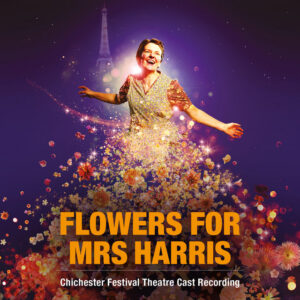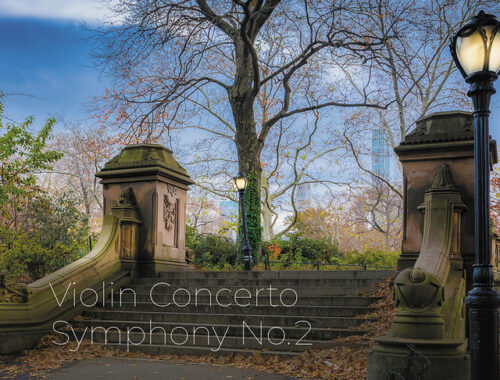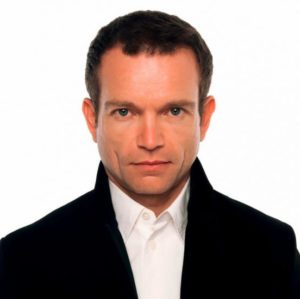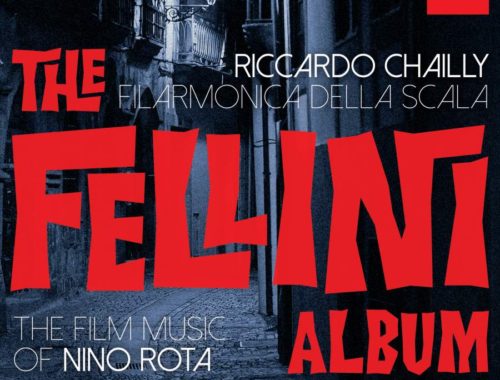GRAMOPHONE Review: Flowers For Mrs Harris – Chichester Festival Theatre Cast Recording
 This gorgeous piece by Richard Taylor (music and lyrics) and Rachel Wagstaff (book) is a great example of how the musical has evolved in recent years and how much the worlds of opera and musicals can impact on each other. That process of cross-fertilisation most certainly gives the lie to the idea that they are somehow separate genres for separate audiences. Not so. Flowers for Mrs Harris is a super-accomplished piece of music theatre and its effect on audiences first at Sheffield in 2016 and then at the Chichester Festival Theatre in 2018 is testament to its theatrical and emotional clout.
This gorgeous piece by Richard Taylor (music and lyrics) and Rachel Wagstaff (book) is a great example of how the musical has evolved in recent years and how much the worlds of opera and musicals can impact on each other. That process of cross-fertilisation most certainly gives the lie to the idea that they are somehow separate genres for separate audiences. Not so. Flowers for Mrs Harris is a super-accomplished piece of music theatre and its effect on audiences first at Sheffield in 2016 and then at the Chichester Festival Theatre in 2018 is testament to its theatrical and emotional clout.
I first came across Richard Taylor by way of his auspicious musicalisation of Whistle Down The Wind for the National Youth Music Theatre (pre-Lloyd Webber, please note) and have keenly watched his development since. His pieces, like Mrs Harris, are truly ‘through-composed’ in that the narratives are an integrated entity of words, music, and feelings. Speech, in a sense, becomes ‘song’ – or rather songful – and mostly they are not songs at all but fleeting elaborations of a moment, a thought, an emotion, an expression of the inexpressible. The beginnings of what might seem to be a stand-alone song ‘Rain On Me’ is in fact a distillation of what surrounds it.
Based on the novel by Paul Gallico Flowers for Mrs Harris tells of the widowed Ada Harris, a cleaner in post-war London, who one day sets eyes upon a Christian Dior dress in a client’s wardrobe and in that moment experiences an epiphany, the discovery of a missing part of herself that will move her life into new phase, a new dimension, and change her and those around her forever. She resolves to go to Paris to buy a Dior dress – ‘not to wear’ but rather ‘to come home to’. A thing of wonder, of aesthetic beauty. The rest is her journey in every sense of the word.
This wonderful souvenir of the Chichester production, recorded during lockdown (and all that that imparts), rejoices in all the benefits of a true ensemble company wherein the band, as in each and every instrumentalist, are as much characters in the drama as those on stage. Taylor’s orchestrations achieve an agility and effulgence in the manner of Strauss’ Ariadne aux Naxos where chamber-sized forces assume an opulence totally belying their size.
Inhabiting the title role (and I really mean that) is Clare Burt who seems to have been waiting for it all her career and gives the kind of performance so big of heart that when the ‘pay it forward’ apotheosis finally arrives everybody in the audience wants it for her personally.




